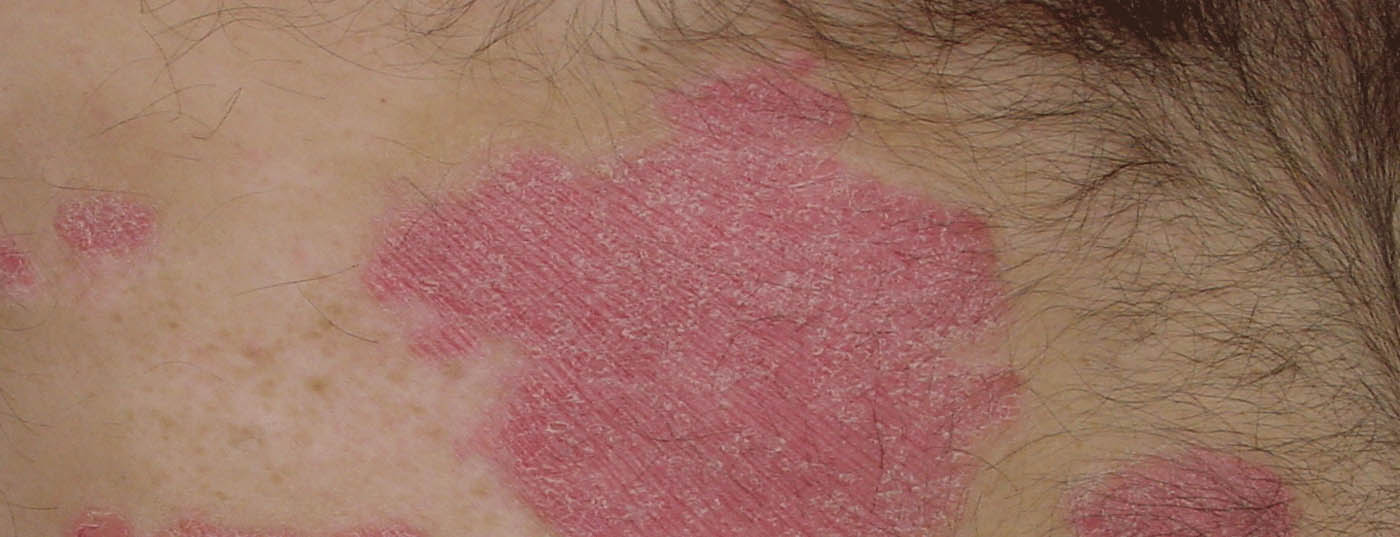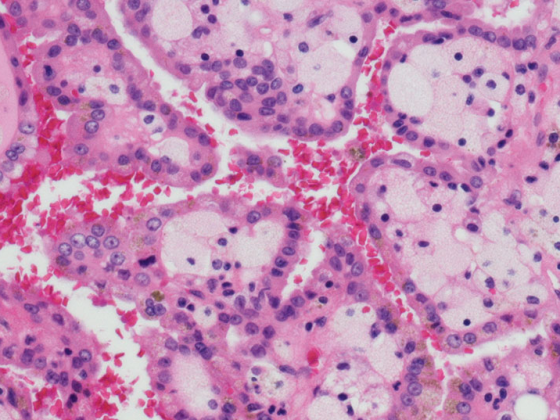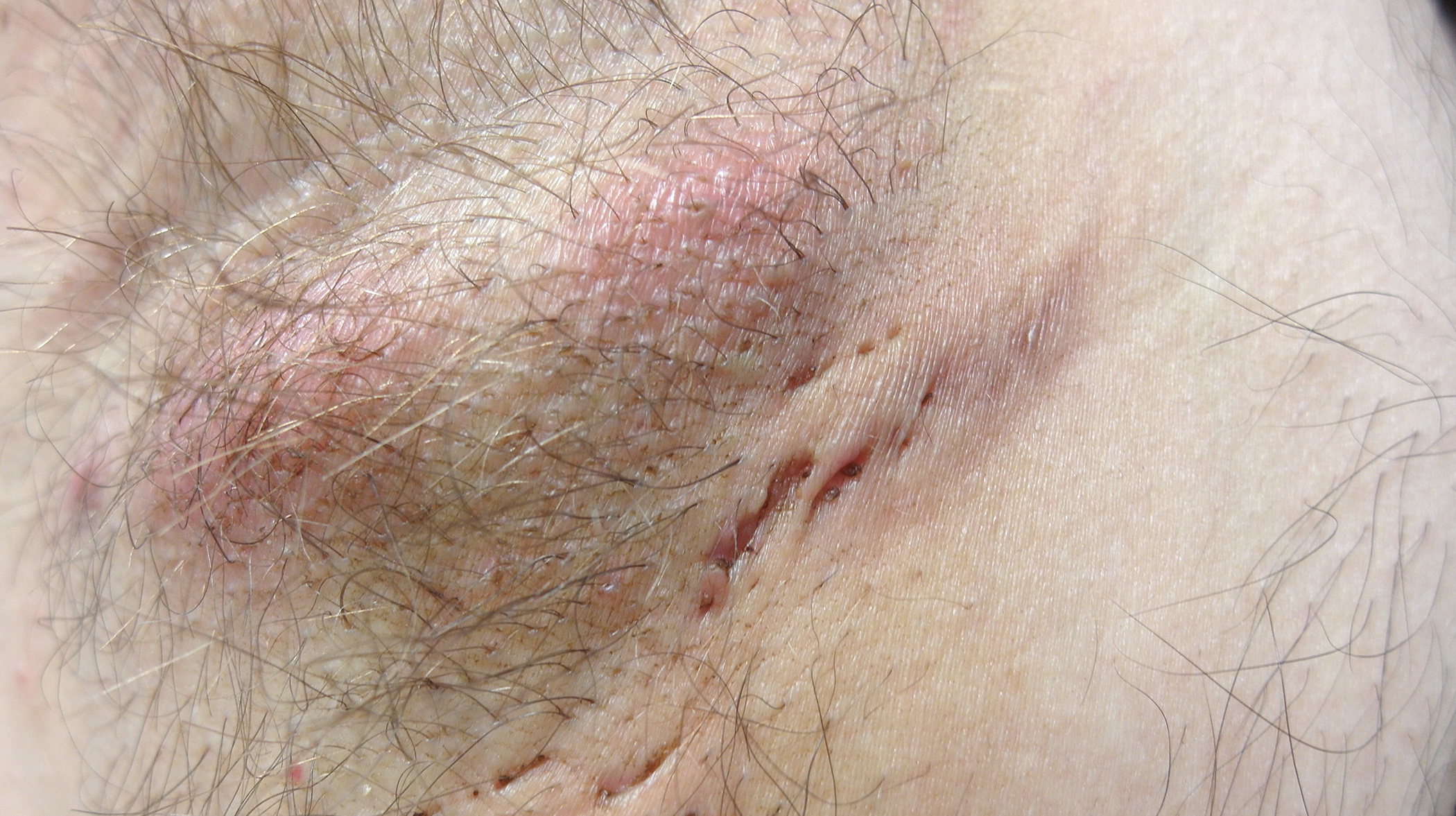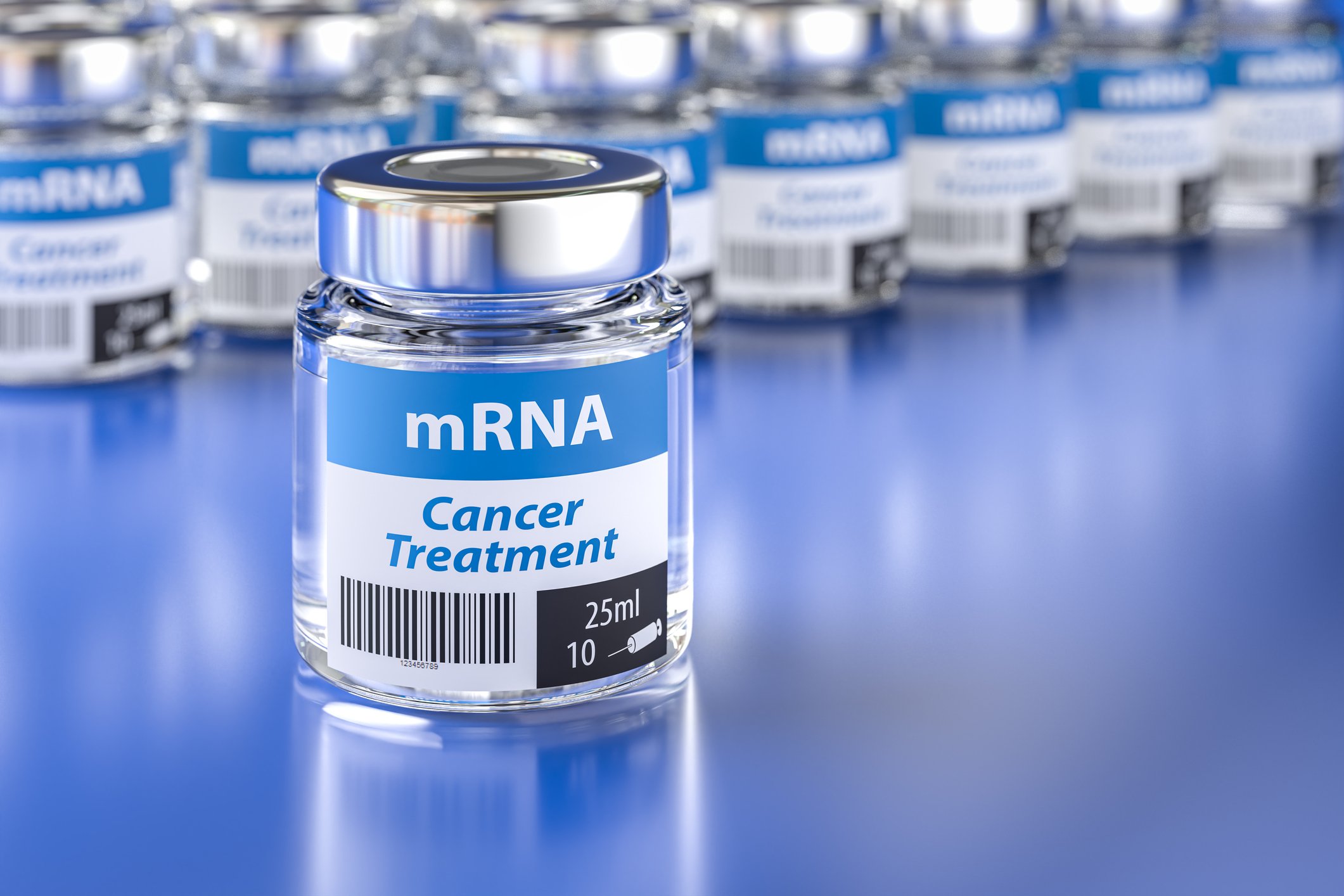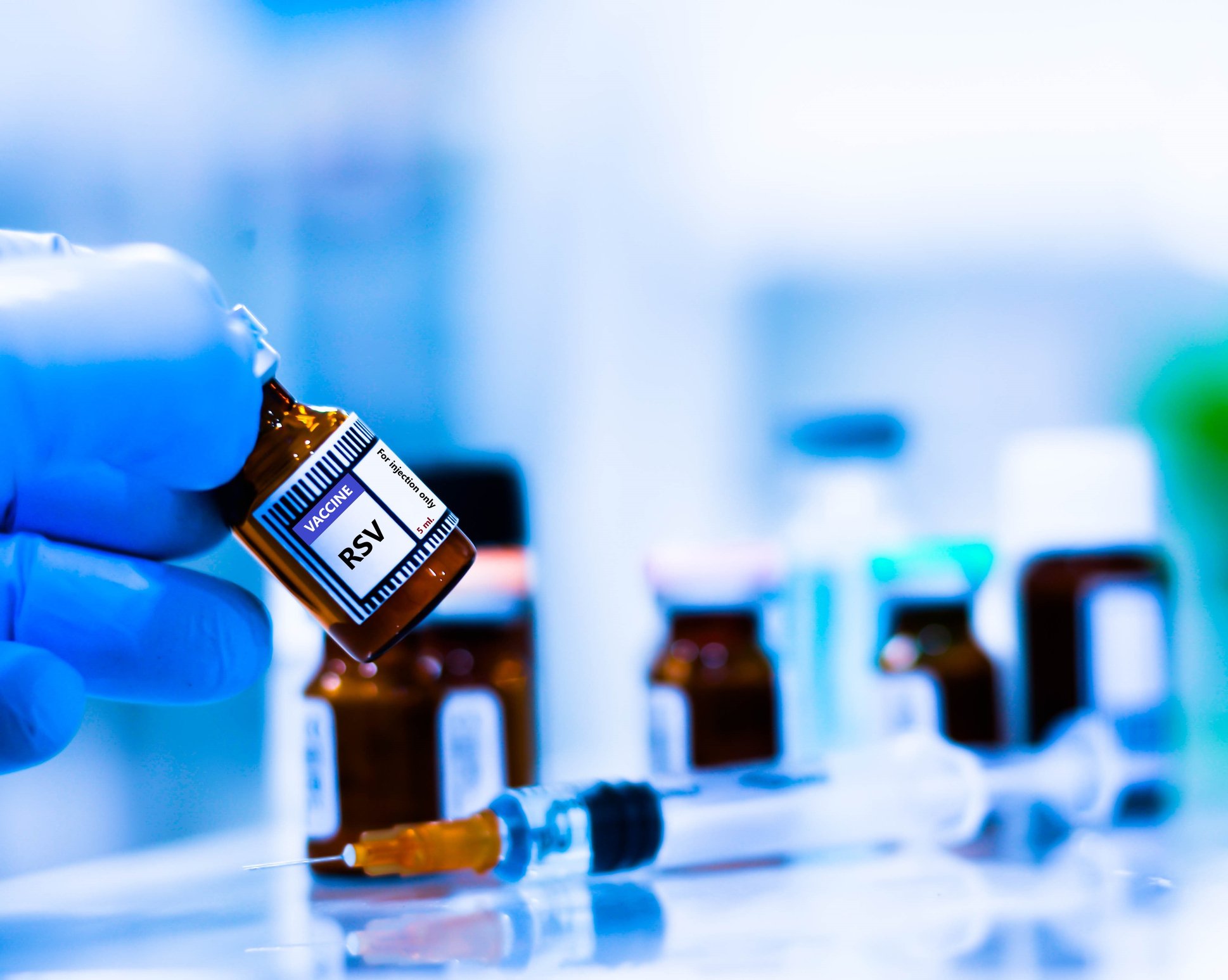The international registry PsoProtect collects data on confirmed or suspected covid-19 infections in psoriasis patients. One goal of the project is to develop a better understanding of what possible risk factors are for severe progression of covid 19 disease in psoriasis patients.
Back to “Atopic dermatitis and psoriasis news”.
The PsoProtect registries are managed under the aegis of International Psoriasis Council (IPC) President Prof. Jonathan Barker, MD, St John’s Institute of Dermatology, London (UK) and IPC Board Member Prof. Chris Griffiths, MD, University of Manchester (UK). In addition to the PsoProtect Registry, there is also the sub-project PsoProtectMe, in which psoriasis patients are surveyed to find out more about their changes in behavior and well-being during the corona pandemic.

Healthcare providers and patients can participate (box). The collected data are continuously updated and can be accessed at https://psoprotect.org/current-data/ [1]. An interim summary with descriptive data can be seen in Table 1 and Figure 1 (as of Sept. 11, 2021).
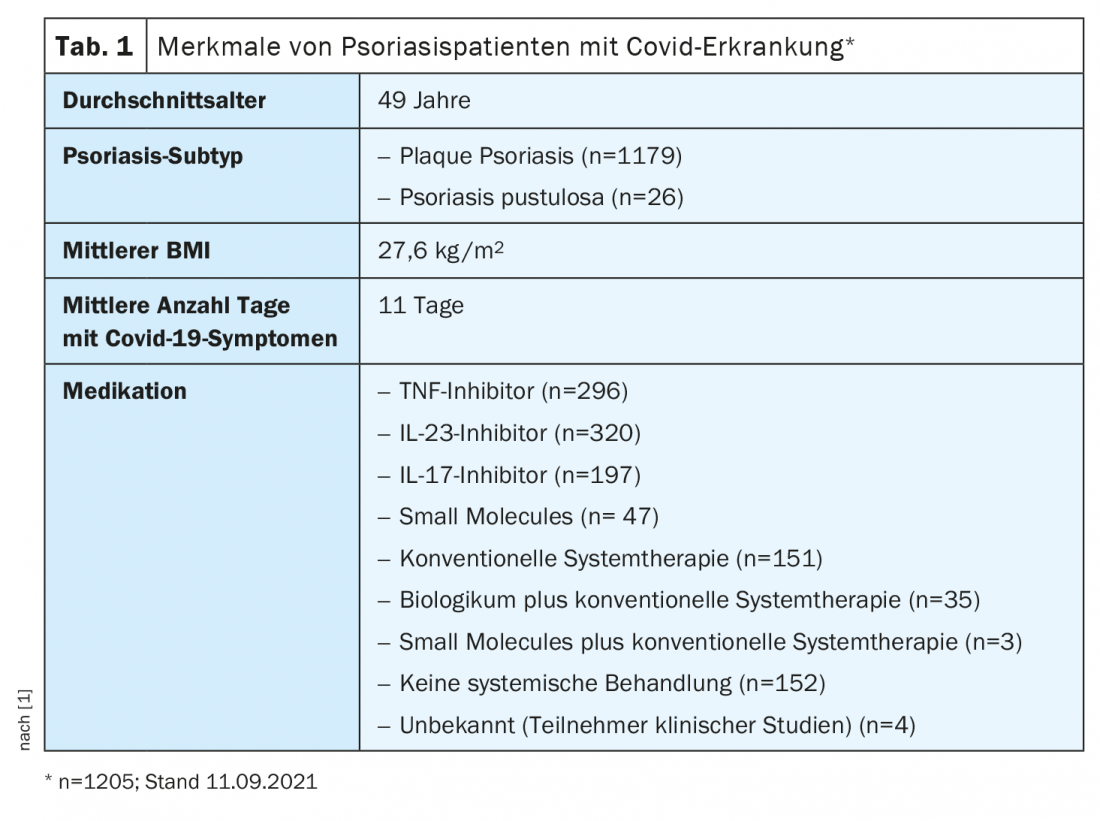
What are the findings so far?
According to data collected to date, the usual risk factors for a severe covid 19 course, such as age and/or certain preexisting conditions, apply to psoriasis patients, said Satveer Mahil, MD, of St John’s Institute of Dermatology, London. Accordingly, psoriasis per se is not an independent risk factor. There are currently no conclusive answers to the question of whether certain systemic therapies are safer than others, said Prof. Catherine Smith, MD, St John’s Institute of Dermatology, London [2]. More data is needed to make statements about this, the expert said. It has been shown that patients who were treated with biologics had to be hospitalized less often than those who received traditional systemic therapeutics. However, this was merely an association and not a causal relationship. There is a whole range of possible influencing factors, including, for example, behavioral aspects such as protective measures.

Interim analyses of the PsoProtectMe study showed that a greater proportion of those who received modern targeted therapies adhered more strictly to “social distancing” measures, compared with psoriasis sufferers treated with traditional immunosuppressants, Dr Mahil said. Consequently, the corresponding patients were less exposed to the SARS-CoV-2 virus, which may be a reason for the better outcomes of this patient group according to registry data. One can look forward to further analyses of the PsoProtect registry data.
Literature:
- PsoProtect, https://psoprotect.org/current-data (as of 9/11/2021).
- Psoriasis Association, www.psoriasis-association.org.uk/news/psoprotect-psoprotectme-april-2021-update, last accessed Sept. 11, 2021.
DERMATOLOGIE PRAXIS 2021; 31(5): 35-36 (published 8.10.21, ahead of print).

